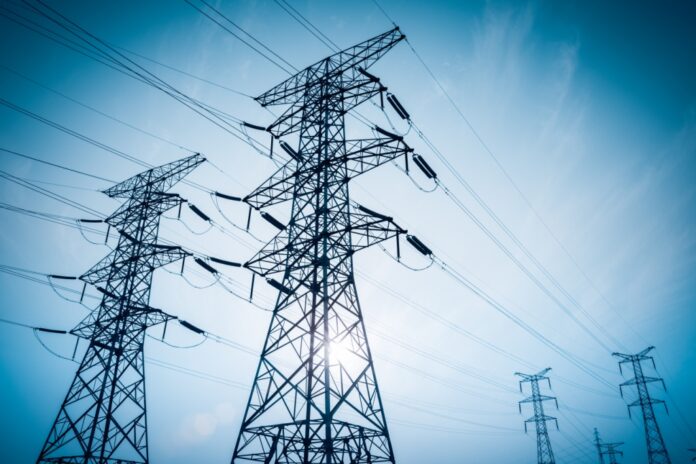The National Electric Power Regulatory Authority (NEPRA) has decided to initiate legal proceedings against Distribution Companies (DISCOs) that contributed to an increase of Rs276 billion in circular debt through higher Transmission and Distribution (T&D) losses.
BR reported, citing sources, that this move follows NEPRA’s review of a circular debt report for June 2024, provided by the Central Power Purchasing Agency (CPPA-G) on July 30.
NEPRA has raised this issue with the Secretary of the Power Division, urging for remedial action to address DISCO inefficiencies. The regulator stressed that addressing these losses is critical to safeguarding consumer interests and the national budget.
According to the report, DISCOs reduced their electricity purchases to 115,142 GWh in the fiscal year 2023-24, a 1% decrease from the previous year. However, T&D losses rose to 18.31%, up from 16.84% in the prior year, exceeding the target limit of 11.77% set by NEPRA.
This breach has contributed to the circular debt, despite the Rs163.1 billion investment allocated to DISCOs for network improvement.
While the collection rate remained steady at 92%, the financial impact of unrecovered amounts grew from Rs236 billion in 2022-23 to Rs315 billion in 2023-24.
NEPRA highlighted that inefficiencies within DISCOs accounted for Rs596 billion in circular debt for the fiscal year, even though Rs374 billion had been paid off using fiscal space.




